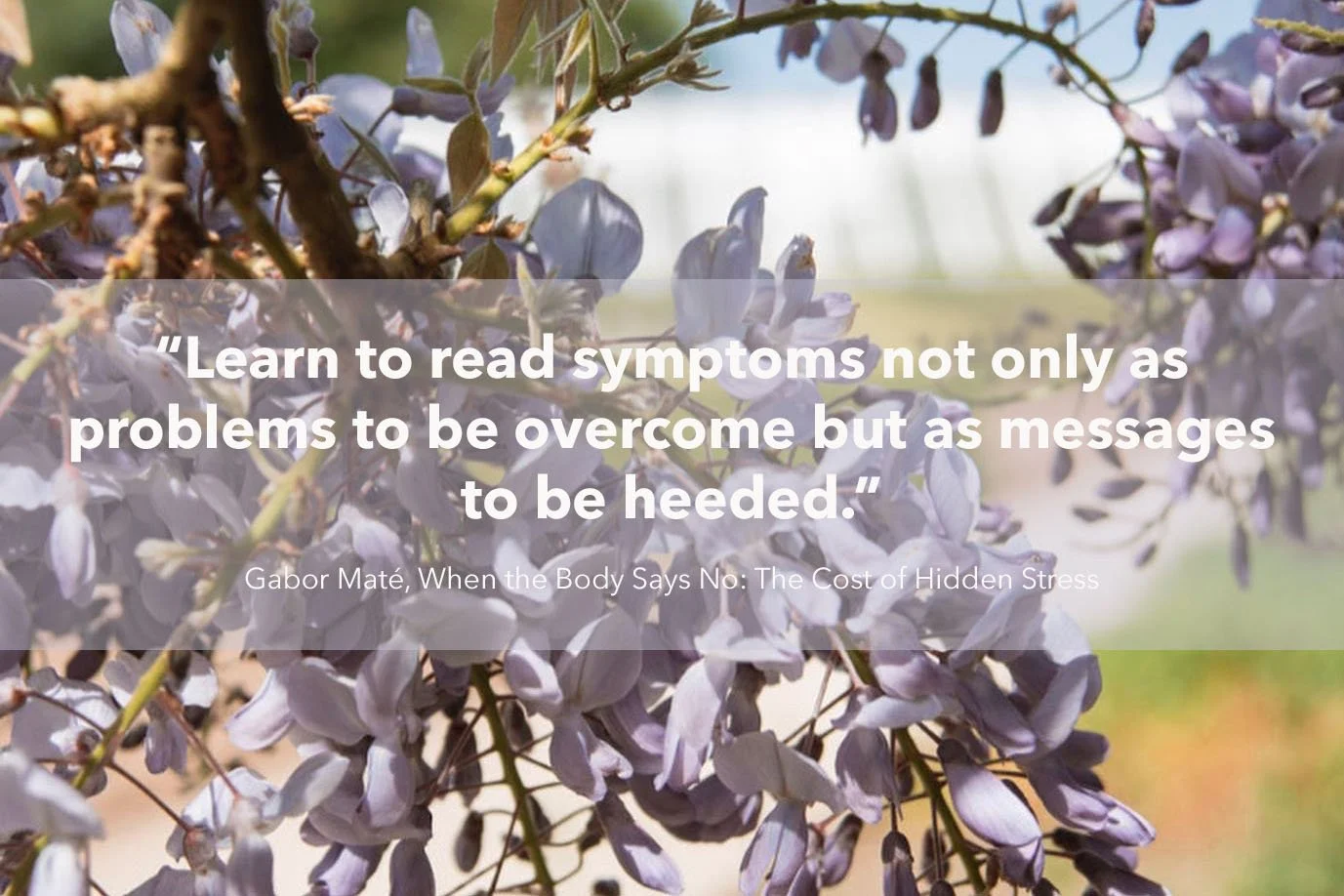Exploring the Powerful Mind-Body Connection
The intricate relationship between the mind and body has been a subject of profound interest for centuries. In recent times, scientific research and advancements in the field of psychology, neuroscience, and medicine have shed light on the profound impact of the mind-body connection on mental health. This article delves into the fascinating interplay between our psychological and physical well-being, exploring how mental health affects the body and how physical health influences our mental state.
Understanding the Mind-Body Connection
The mind-body connection refers to the intricate interrelationship between our mental and emotional states and our physical health. Rather than considering the mind and body as separate entities, this concept highlights their integration, where changes in one inevitably affect the other. The mind-body connection is supported by the intricate network of communication between the brain, nervous system, endocrine system, and immune system.
“changes in one inevitably affect the other”
Stress and its Toll on Mental Health
One of the most compelling examples of the mind-body connection lies in the realm of stress. Prolonged stress can significantly impact mental health, leading to anxiety, depression, and other mood disorders.
When a person experiences stress, the brain triggers the release of stress hormones, such as cortisol and adrenaline, preparing the body for a "fight or flight" response.
However, chronic stress can result in a range of physiological responses that strain the body, leading to a weakened immune system, increased inflammation, and an elevated risk of developing physical ailments.
The Gut-Brain Axis
The gut-brain axis is another remarkable aspect of the mind-body connection, demonstrating the intimate link between the gastrointestinal system and mental health.
“Emerging research suggests that imbalances in the gut microbiota can impact mental health”
The gut is home to trillions of microbes known as the gut microbiota, which play a pivotal role in various physiological functions, including digestion and the synthesis of essential neurotransmitters. Emerging research suggests that imbalances in the gut microbiota can impact mental health, contributing to conditions such as depression and anxiety.
Psychosomatic Illnesses
Psychosomatic illnesses are conditions in which physical symptoms arise due to psychological or emotional factors, rather than a specific physical cause. Common examples include tension headaches, irritable bowel syndrome (IBS), and chronic pain. The mind-body connection plays a central role in these conditions, as psychological stress or trauma can manifest as physical symptoms.
The Placebo and Nocebo Effects
The placebo and nocebo effects are intriguing phenomena that further emphasize the power of the mind-body connection. The placebo effect occurs when a patient experiences improvements in symptoms after receiving a treatment with no active therapeutic ingredients, solely due to the belief in its efficacy.
“These phenomena demonstrate how our beliefs and expectations can influence the body's response to treatments and interventions.”
Conversely, the nocebo effect causes negative outcomes, such as side effects, when a person believes they are receiving a harmful substance, even if it is inactive. These phenomena demonstrate how our beliefs and expectations can influence the body's response to treatments and interventions.
Holistic Approaches to Mental Health
Understanding the mind-body connection has led to the rise of holistic approaches to mental health. Integrative therapies, such as mindfulness-based practices, yoga, and meditation, recognize the interplay between mental and physical well-being. These practices can reduce stress, promote emotional regulation, and positively impact physical health, leading to improved overall mental well-being.
The mind-body connection remains a captivating and complex area of study that continues to intrigue researchers, healthcare professionals, and individuals alike. Recognizing the profound impact of mental health on the body, and vice versa, has paved the way for more comprehensive and integrated approaches to healthcare. As we move forward, embracing the interrelationship between the mind and body will undoubtedly lead to more effective and compassionate strategies for promoting mental well-being and overall health.

